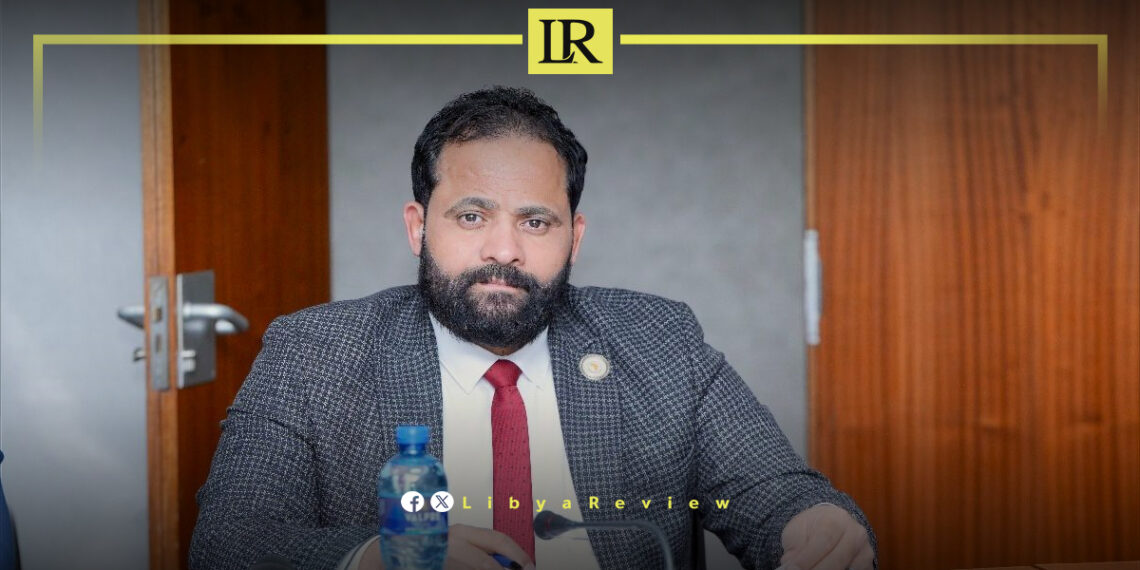Libya took part in a key session of the African Parliament’s Committee on Rural Economy, Agriculture, Environment, and Natural Resources, represented by Member of the Libyan House of Representatives and Bureau Member of the African Parliament, Mr. Youssef Al-Fakhri.
The committee convened to approve and finalize the Model Law on Soil, which will be presented during the upcoming plenary session of the African Parliament. The law is intended to serve as a legislative reference for environmental protection and sustainable land use across the continent.
Also on the agenda was the Model Law on Climate Change, where the committee granted its legal office the mandate to begin drafting the initial version of the bill. The draft will be reviewed and debated in future committee sessions.
In addition, members discussed a report on the African Parliament delegation’s participation in last year’s Climate Change Summit and explored strategies for preparing for the upcoming summit.
Libya’s active involvement in the session underscores the country’s ongoing engagement with continental efforts to address pressing environmental and agricultural challenges, and its support for unified African legislative frameworks on sustainability.
Libya has been in chaos since a NATO-backed uprising toppled longtime leader Muammar Gaddafi in 2011. The county has for years been split between rival administrations.
Libya’s economy, heavily reliant on oil, has suffered due to the ongoing conflict. The instability has led to fluctuations in oil production and prices, impacting the global oil market and Libya’s economy.
The conflict has led to a significant humanitarian crisis in Libya, with thousands of people killed, and many more displaced. Migrants and refugees using Libya as a transit point to Europe have also faced dire conditions.
The planned elections for December 2021 were delayed due to disagreements over election laws and the eligibility of certain candidates. This delay has raised concerns about the feasibility of a peaceful political transition.
Despite the ceasefire, security remains a significant concern with sporadic fighting and the presence of mercenaries and foreign fighters. The unification of the military and the removal of foreign forces are crucial challenges.


